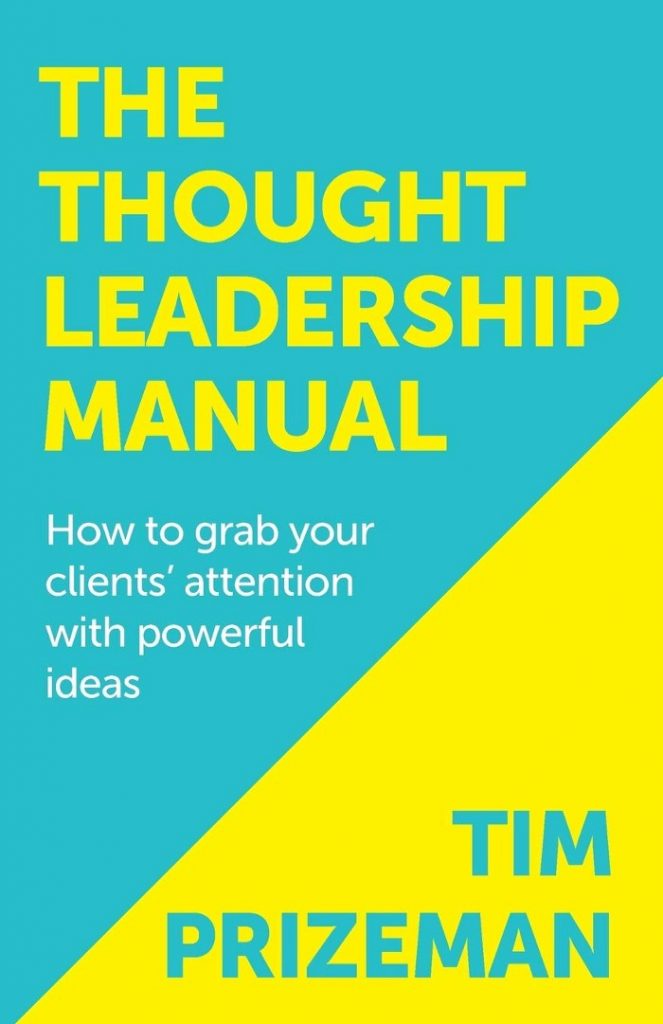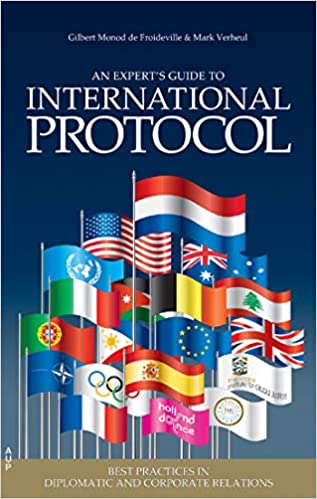
Tim Prizeman is a Senior PR Consultant with Kelso Consulting, a UK-based PR firm. This fact will be known to anybody that makes it through ‘The Thought Leadership Manual’.
That’s both because Prizeman mentions it a few times and because the context for this guide to thought leadership is about as British as tea and cricket.
As a writer primarily involved in producing thought leadership material for clients, I didn’t learn much by reading this book.
But for its intended readership — those considering deploying their own thought leadership campaigns, whether for themselves or for their companies — I think that this text should provide a good and well-rounded overview of thought leadership and authority marketing.
Prizeman bleeds plenty of good insight from his career in public relations into the latter parts of this book.
He explains, for instance, how to attempt to gain publicity from one’s work and thinking — describing the monumental benefits of landing major TV appearances and providing a detailed PR sketch of several top-tier British publications.
Elsewhere, he wears the hat of a statistician, covering in good detail the processes required to conduct research including when and how to engage the services of a dedicated research firm.
The jumping around between topics keeps the text lively. Although, as an introductory work, there isn’t exhaustive detail expended on any one area.
What there is in The Thought Leadership Manual is some good thinking into the overall context and purpose of thought leadership marketing. Prizeman explains why to do it, how to do it, and what benefits might accrue from those who do it successfully.
Included, importantly, is some first-hand advice about the political considerations involved in getting thought leadership produced in large organizations.
This is important for anybody advocating for thought leadership-related budget spend. Although it would have been good had Prizeman offered more information on how producers could demonstrate ROI, the problem that plagues much of PR and thought leadership authors in particular.
Overall, this was a good introduction to thought leadership, and about as entertaining as a book on this topic could hope to be.
What I liked:
- Good overview of thought leadership
- Detail on statistics, internal politics, and overall context
What I disliked:
- Context could have, at times, been more global
- I felt there could have been more focus on demonstrating ROI


